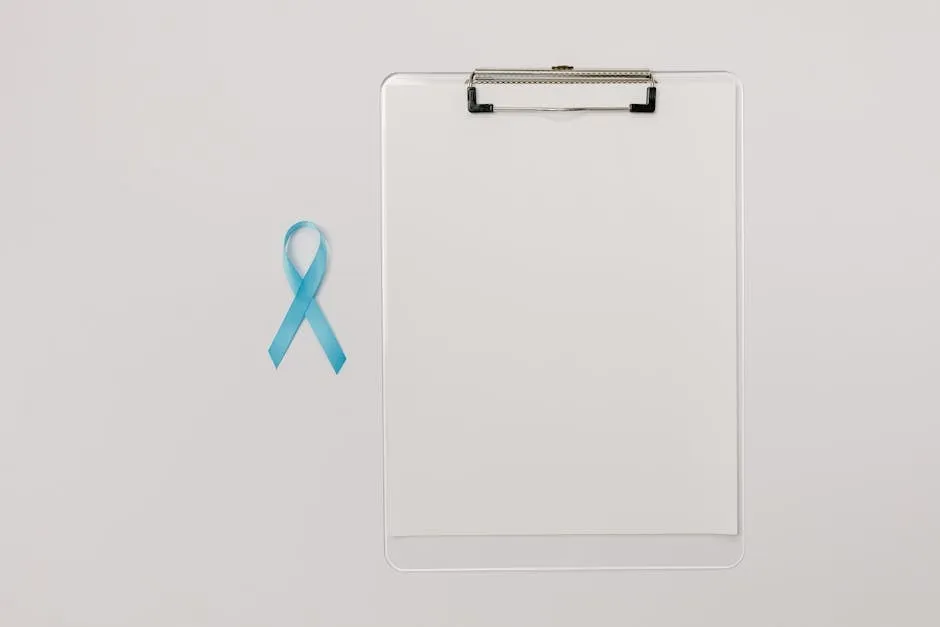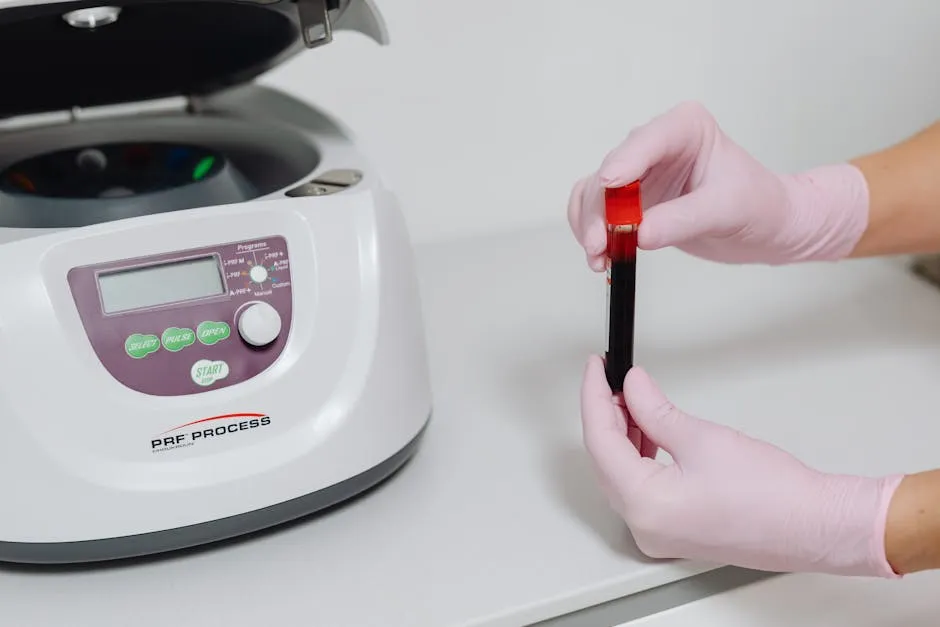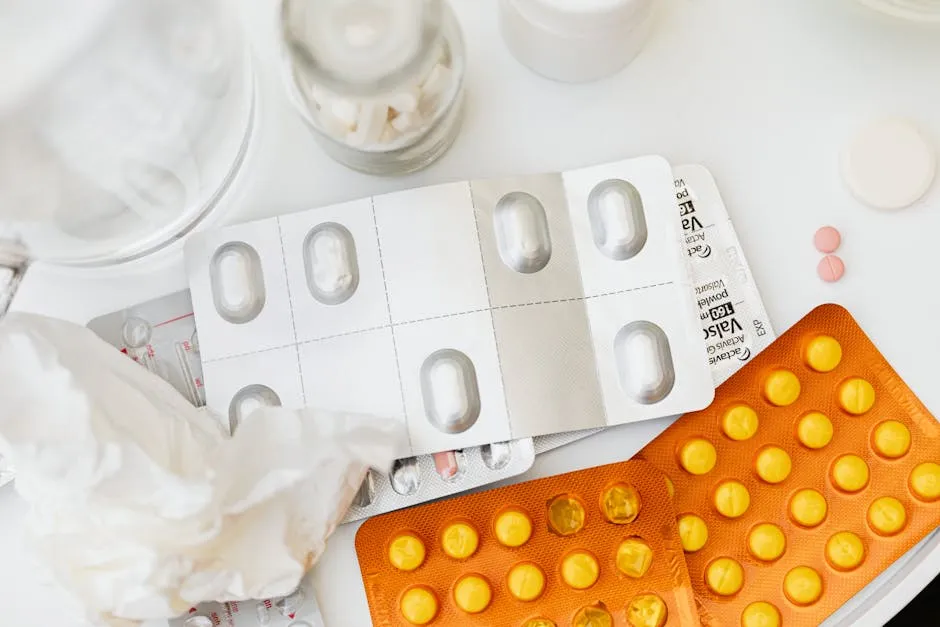
Why Am I Peeing So Much All of a Sudden? Understanding Frequent Urination
Introduction
In life, there are plenty of mysteries, but feeling the need to pee more often than usual should not be one of them! While you might think it’s just an inconvenient quirk of your bladder, this sudden increase in urination frequency can signal that something might be off. Frequent urination, or polyuria, can stem from various causes, ranging from that extra cup of coffee to more serious medical conditions.
Did you know most adults urinate about six to eight times a day? If your trips to the bathroom have suddenly doubled, it’s worth investigating. Conditions like urinary tract infections (UTIs), diabetes, pregnancy, and an overactive bladder can all lead to an uptick in how often you feel the urge to go. And let’s not forget those lifestyle choices—like downing that third cup of joe or indulging in a few too many cocktails.
In this post, we’ll navigate the many reasons behind this puzzling phenomenon. We’ll also discuss when it’s time to seek medical advice and strategies to manage this pesky issue. So, if you’ve found yourself sprinting to the restroom more than ever, keep reading to unravel the mystery of your bladder’s newfound enthusiasm!

Summary
Frequent urination can disrupt daily life and may hint at underlying health issues. Here are some key points to consider:
- Normal Urination Patterns: Adults typically urinate six to eight times daily. Frequent urination means needing to go more than this, especially if it disrupts daily activities or sleep.
- Common Causes: Conditions like urinary tract infections (UTIs), diabetes, pregnancy, overactive bladder, and enlarged prostate in men are common culprits. Lifestyle choices—such as increased fluid intake or consuming diuretics like caffeine and alcohol—play a role too.
- Symptoms to Watch For: If you experience pain during urination, blood in urine, or abdominal discomfort alongside frequent urination, seek medical attention quickly. These could indicate serious conditions.
- Diagnosis and Treatment: Consulting a healthcare provider is essential for an accurate diagnosis. Tests may involve urinalysis, blood tests, or imaging. Treatment focuses on addressing the underlying cause, which could include lifestyle changes, medications, or surgery.
- When to Seek Help: If frequent urination is accompanied by severe symptoms or significantly affects your quality of life, consulting a healthcare provider is crucial.
Curious yet? Let’s explore the details surrounding the sudden urge to pee more often!

Understanding Frequent Urination
What is Frequent Urination?
Frequent urination, also known as polyuria, is when you find yourself needing to visit the restroom more often than usual. Most adults typically urinate about six to eight times a day. When you exceed this number and feel a constant urge to go, it could be time to pay attention. Everyone’s “normal” varies, so what’s frequent for one person might not be for another. Polyuria usually refers to producing large amounts of urine—more than 2.5 liters in a day.
This increase in urination can happen at any time, whether you’re at work, home, or enjoying a movie marathon. It’s not just about the number of trips to the bathroom; it’s also about how these trips impact your daily life. So, if your bladder is calling for more frequent visits, don’t ignore it!

Common Symptoms Associated with Frequent Urination
Frequent urination often comes with a variety of symptoms that can make daily life a bit of a hassle. Here’s what to watch for:
- Urgency: That sudden, overwhelming need to go. You know, the kind that makes you question if you’ll make it to the bathroom in time?
- Nocturia: Waking up multiple times at night to urinate. This can disrupt your sleep, leaving you feeling groggy and irritable.
- Dribbling: Sometimes, after you think you’re done, there’s a little extra surprise. No one wants to experience that!
- Painful urination: This includes a burning sensation or discomfort when peeing, which can be a sign of a urinary tract infection or other issues.
These symptoms can be pesky, interfering with your daily activities and, yes, even your beauty sleep. So, if you find yourself in this boat, know you’re not alone! Many people experience these frustrating symptoms, and they are definitely worth discussing with your healthcare provider.

Common Causes of Frequent Urination
1. Urinary Tract Infections (UTIs)
One of the most common culprits behind frequent urination is a urinary tract infection. These pesky infections can cause your bladder to become inflamed, leading to a strong urge to urinate, often accompanied by burning sensations and cloudy urine. If you suspect a UTI, a quick visit to your healthcare provider can confirm the diagnosis through a urinalysis. Treatment often involves a course of antibiotics, which can clear up the infection and restore your bladder’s peace.
For those who want to keep an eye on their urinary health, consider investing in a Urinary Tract Infection Home Test Kit. This handy kit allows you to check for UTI symptoms right from the comfort of your home, providing peace of mind before you dash to the doctor!
2. Diabetes
Diabetes can also lead to increased urination. In Type 1 and Type 2 diabetes, high blood sugar levels cause your kidneys to filter out excess sugar, resulting in more urine production. If you find yourself drinking more fluids than usual along with frequent urination, it’s essential to get checked for diabetes. Early intervention can lead to better management of the condition.

3. Pregnancy
Pregnancy brings a whirlwind of changes, and frequent urination is one of them! As your baby grows, the expanding uterus puts pressure on your bladder. Hormonal changes can also increase urination frequency, particularly during the first and third trimesters. Many pregnant individuals find themselves making more trips to the bathroom, which is completely normal.
For those expecting, consider documenting this journey with a Pregnancy Journal: A Keepsake for Expecting Parents. It’s a beautiful way to capture memories and milestones during this exciting time!

4. Overactive Bladder
Overactive bladder (OAB) is a condition that causes a sudden urge to urinate frequently. Picture this: your bladder has a mind of its own and demands attention when you least expect it! Symptoms include a strong need to go, frequent trips to the restroom, and even incontinence—where you might leak a little before reaching the toilet. Talk about bladder drama!
Several factors can contribute to OAB. Nerve damage, infections, or even certain medications can throw your bladder into overdrive. Management strategies often involve lifestyle changes, like avoiding caffeinated beverages and practicing bladder training techniques. Medications may also help calm the excitement of your bladder, making that urgent feeling a lot less urgent. If you’re looking for some relaxation, consider an Essential Oil Diffuser for Relaxation. It can help create a calming atmosphere that soothes your mind and body.

5. Enlarged Prostate (Men)
For men, benign prostatic hyperplasia (BPH) is a common condition as they age. The prostate gland enlarges, squeezing the urethra, which can lead to increased urination. It’s like trying to squeeze a watermelon through a garden hose—not exactly smooth sailing!
Symptoms of BPH include a weak urine stream, difficulty starting urination, and waking up multiple times at night to pee. Treatment options vary based on severity. Medications such as alpha blockers can help relax the muscles around the prostate. In more severe cases, minimally invasive procedures or surgery may be necessary to relieve pressure and restore normal flow. So, if you’re experiencing these issues, it’s time to chat with your healthcare provider!

6. Lifestyle Factors
What you consume can significantly affect your bladder’s behavior. For instance, guzzling down excessive fluids can lead to more frequent bathroom trips. We all love that third cup of coffee, but caffeine acts as a diuretic, prompting your bladder to fill up faster. And let’s not forget alcohol—cheers to that! But keep in mind, it can irritate the bladder, leading to more trips to the restroom.
Certain medications, particularly diuretics, can contribute to frequent urination. These “water pills” help manage blood pressure and fluid retention but may leave you sprinting to the bathroom. To manage this, consider moderating your fluid intake, especially before bed, and cutting back on caffeine and alcohol. Your bladder will thank you! And why not enjoy a Caffeine-Free Herbal Tea Variety Pack instead? It’s a delightful way to stay hydrated without the jitters!

7. Other Medical Conditions
While we’ve covered some common causes, less common conditions can also lead to frequent urination. For example, interstitial cystitis, a painful bladder syndrome, can cause the need to urinate frequently with little output. Neurological disorders like multiple sclerosis may affect bladder control as well.
Bladder cancer, though rarer, can also be a culprit. If frequent urination is accompanied by blood in the urine or severe pain, it’s crucial to seek medical advice. Ruling out serious conditions is essential for peace of mind and proper treatment. Your bladder deserves the best care!

Diagnosis and Treatment
Diagnostic Approaches
Understanding why you’re suddenly peeing so much involves a thorough diagnostic process. First up, your healthcare provider will take a detailed patient history. They’ll ask about your urination patterns, daily fluid intake, and any accompanying symptoms. Have you been chugging down more coffee than usual? Or perhaps you’re dealing with a new medication? These details can be pivotal.
Next, a physical exam will help identify any obvious issues. Your doctor may check for signs of conditions related to your bladder and urinary tract. Following this, they might recommend some tests. A urinalysis is usually first on the list. This test checks for infections, blood, or other abnormalities in your urine. If necessary, imaging tests like ultrasounds or CT scans might be performed. These tests provide a clear look at your bladder and kidneys, helping to rule out any structural issues.
If your doctor suspects specific conditions, additional tests could be called for. For instance, urodynamic testing assesses how well your bladder and urethra store and release urine. This can help diagnose conditions like overactive bladder or urinary incontinence.

Treatment Options
Once the underlying cause is identified, treatment can begin. If lifestyle choices contribute to your frequent bathroom visits, modifications may be the first step. Reducing caffeine and alcohol intake, along with monitoring fluid consumption, can significantly help.
Medications also play a role in treatment. If you have an overactive bladder, anticholinergic drugs can help calm those sudden urges. For conditions like diabetes, managing your blood sugar is crucial to reducing symptom severity. If you’re looking for a way to track your health, consider using a Fitness Tracker to Monitor Daily Activity. It can help you keep an eye on your health and activity levels!
In some cases, surgical interventions may be necessary. For men with an enlarged prostate, procedures can relieve pressure on the urethra. These can range from minimally invasive techniques to more extensive surgeries, depending on the situation.
Pelvic floor exercises, particularly Kegels, are beneficial for strengthening the muscles that support your bladder. These exercises can help manage symptoms of incontinence and overactive bladder. Additionally, bladder training techniques encourage your bladder to hold urine longer, gradually increasing the time between bathroom visits. For those looking for Kegel assistance, check out Kegel Exercise Balls for Women. They can provide an extra boost to your pelvic floor routine!

Ultimately, the goal is to identify the cause and find a treatment plan that suits your needs. Regular follow-ups with your healthcare provider will ensure your treatment remains effective and any adjustments can be made as needed.

Conclusion
Frequent urination can be a frustrating experience, but understanding the underlying causes is the first step toward finding relief. Whether it’s due to harmless lifestyle choices or more serious health conditions, it’s essential to listen to your body. If you encounter persistent changes in your urination patterns, don’t hesitate to consult a healthcare provider for a proper diagnosis and tailored treatment plan. Remember, a happy bladder leads to a happier you! And for a cozy night in, consider snuggling up with a Soft Throw Blanket for Cozy Nights. It’s the perfect companion for those moments of relaxation!

FAQs
What is considered frequent urination?
Frequent urination means you feel the need to pee more often than normal. Most adults typically urinate between six to eight times a day. If you find yourself heading to the restroom more than eight times daily, especially if it interrupts your daily life, you might be experiencing frequent urination.
Can frequent urination be a sign of a serious condition?
Yes, frequent urination can sometimes point to an underlying health issue. Conditions like urinary tract infections (UTIs), diabetes, or prostate problems can cause increased urination. If you notice other concerning symptoms, like pain or blood in your urine, it’s crucial to consult a healthcare provider promptly. Ignoring persistent changes in urination can lead to complications and worsen your health.
Are there any home remedies for frequent urination?
Absolutely! Here are a few lifestyle changes and remedies to consider: – **Dietary Adjustments**: Reduce caffeine and alcohol intake, as both can irritate the bladder. Instead, opt for water or herbal teas. – **Fluid Management**: Try to limit fluid intake in the hours leading up to bedtime to minimize nighttime trips to the bathroom. – **Pelvic Floor Exercises**: Kegel exercises can strengthen the muscles that support your bladder, potentially reducing urgency and leakage. – **Bladder Training**: Gradually increase the time between bathroom visits to help train your bladder to hold more urine. These simple changes can make a big difference in managing frequent urination.
What should I do if I notice blood in my urine?
If you notice blood in your urine, it’s essential to seek medical attention immediately. Blood in urine, or hematuria, can indicate serious issues like infections, kidney stones, or even tumors. Your healthcare provider will likely perform tests to diagnose the cause and recommend appropriate treatment. Don’t brush this symptom off—better safe than sorry!
Can medications cause frequent urination?
Yes, certain medications can increase urination frequency. Common culprits include diuretics, often prescribed for high blood pressure or fluid retention. These medications help your body flush out excess sodium and water, leading to more trips to the bathroom. If you suspect your medication is causing frequent urination, discuss this with your doctor. They may adjust your dosage or suggest alternative treatments. Always consult a healthcare professional before making changes to your medication regimen.
Please let us know what you think about our content by leaving a comment down below!
Thank you for reading till here 🙂
All images from Pexels




